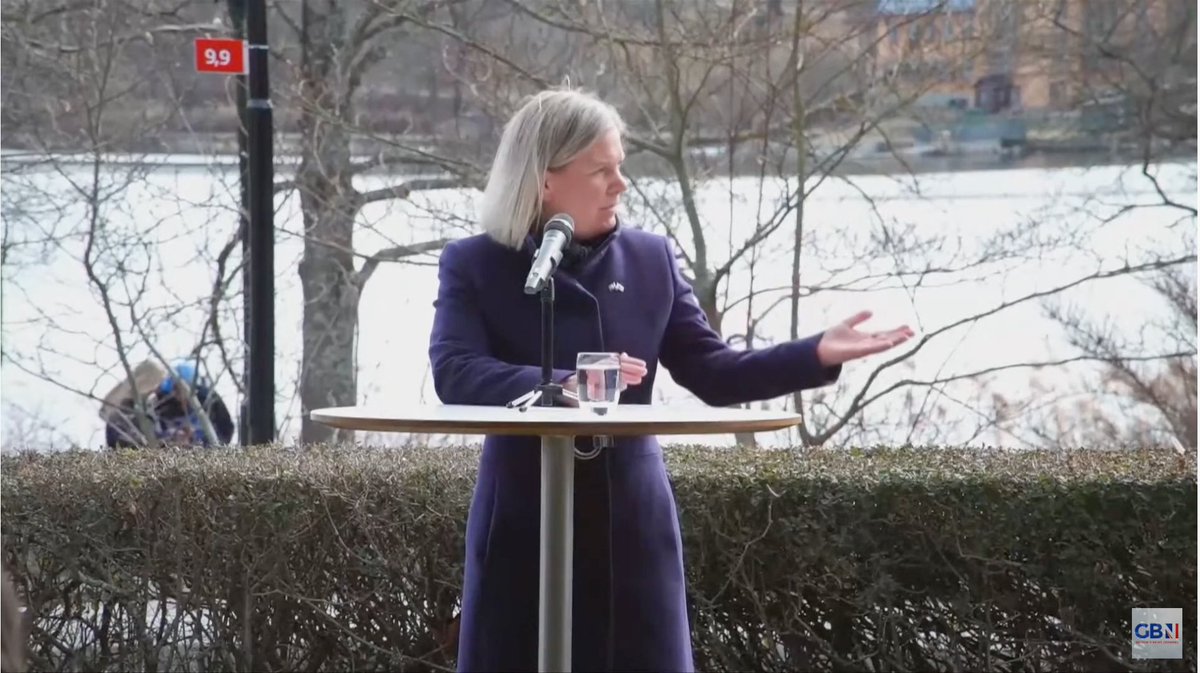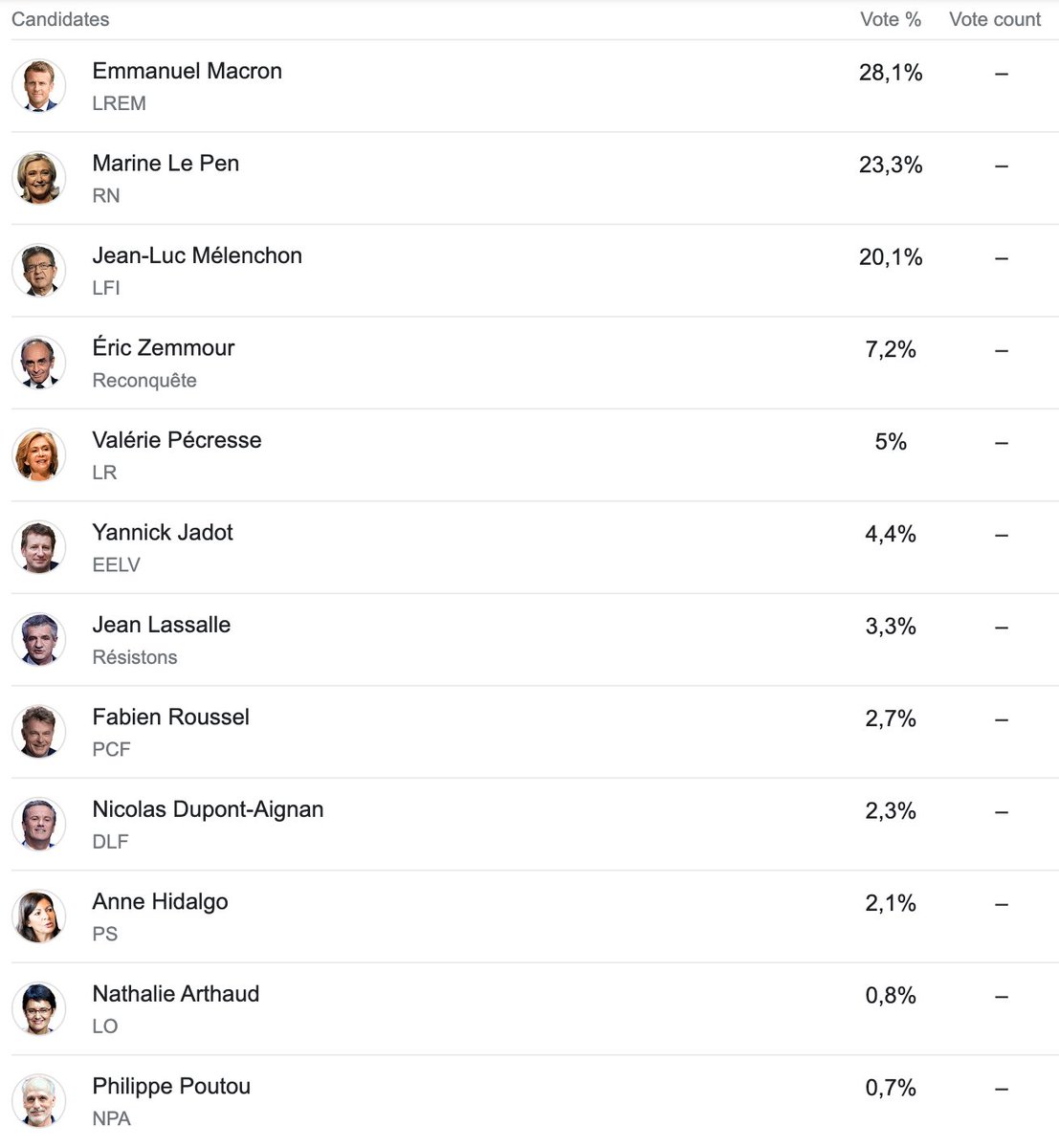
🇸🇪#Sweden and 🇫🇮#Finland's prime ministers have just held a joint press conference outlining plans to join #NATO.
🇫🇮 expected to move first. PM Marin says she won't give a timetable but "it will happen quite fast—within weeks, not within months, we will have the discussion"
🇫🇮 expected to move first. PM Marin says she won't give a timetable but "it will happen quite fast—within weeks, not within months, we will have the discussion"

🇫🇮&🇸🇪"will deliver decisions independently" says Marin. Assumption has always been 🇸🇪 can't join unless 🇫🇮 does 1st.
"Of course...I would prefer that we would make the similar kinds of choices for the whole region—but it's up to Sweden to decide for yourself"
"Of course...I would prefer that we would make the similar kinds of choices for the whole region—but it's up to Sweden to decide for yourself"

Sweden's SvD reports that the ruling Social Democrats have already decided to apply for NATO membership (but must wait for Finland to decide to do so first), and will submit the application at the Madrid summit at end of June.
svd.se/a/Wj5gW2/uppgi…
svd.se/a/Wj5gW2/uppgi…
"What is happening in the discussion in 🇫🇮 is important for us to follow, therefor we need to have very close contacts," says 🇸🇪PM. "But we need a process in Sweden to think this through"
But asked about SvD report, she doesn't deny that the government's aim is now to join.
But asked about SvD report, she doesn't deny that the government's aim is now to join.

"Of course there are both pros and cons with being a member of #NATO," says 🇸🇪PM Magdalena Andersson.
"Being a member of NATO you have the security of Article 5...that is not something you do not have in other arrangements."
(Other arrangements being 🇪🇺)
"Being a member of NATO you have the security of Article 5...that is not something you do not have in other arrangements."
(Other arrangements being 🇪🇺)
https://twitter.com/DaveKeating/status/1514162473959632900?s=20&t=-Kkxq2PWcWr0jY8BZowNuA
🇫🇮PM Marin agrees. "What is the best way to secure that this [Russian invasion] wouldn't ever happen in Finland?"
"The difference between being a [#NATO] partner and being a member is very clear, and will remain so. There's no other way to have security guarantees"
"The difference between being a [#NATO] partner and being a member is very clear, and will remain so. There's no other way to have security guarantees"
However joining #NATO involves "many risks, and we have to be prepared for all kinds of actions from Russia" says 🇫🇮PM Marin.
"These risks are there both if we apply and if we do not apply."
"These risks are there both if we apply and if we do not apply."
🇫🇮PM Marin says report published today "sees NATO not only as a military alliance, but also as a political alliance"
"#NATO is an organisation where important decisions concerning our security are [already] taken"
[Suggests the time of 🇪🇺neutral countries' freeloading is over]
"#NATO is an organisation where important decisions concerning our security are [already] taken"
[Suggests the time of 🇪🇺neutral countries' freeloading is over]

• • •
Missing some Tweet in this thread? You can try to
force a refresh












